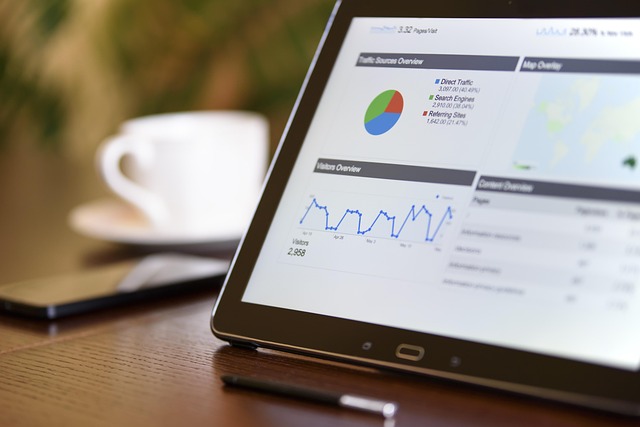Analyzing Influencer Impact: A Deep Dive into Social Media Data
In the digital age, where social media reigns supreme, the significance of influencer data analysis has become more pronounced than ever. As we scroll through our feeds, we can’t help but notice the powerful impact influencers have on our purchasing decisions, lifestyle choices, and even our opinions on current issues. Understanding this phenomenon requires diving deep into the intricate world of social media data.
The rise of social media platforms has transformed ordinary individuals into extraordinary influencers. No longer do we solely rely on advertisements or celebrity endorsements; we turn to our favorite influencers for genuine recommendations. This shift prompts a need for thorough influencer data analysis to comprehend how these individuals affect various social trends. By examining metrics such as engagement rates, follower demographics, and post reach, brands can identify key influencers who resonate with their target audiences.
Taking a closer look at social media impact, it is evident that influencers act as bridges between brands and consumers. A single recommendation from a trusted influencer can spark a viral sensation or a targeted campaign. This leverage amplifies the importance of data analysis in influencer marketing. By analyzing past campaigns, brands can refine their strategies and approach, ensuring they partner with influencers whose audiences genuinely align with their products or services.
Moreover, influencer data analysis helps in understanding the ever-changing dynamics of audience engagement. Social media algorithms are in constant flux, and what worked yesterday may not work today. By keeping a close eye on engagement metrics, brands can adapt their strategies to stay relevant and effective. This adaptability is essential for maintaining a competitive edge in a crowded marketplace.
Furthermore, it’s important to consider the authenticity of an influencer. The audience today craves transparency and relatability. Influencer data analysis not only reveals numbers but also sheds light on the genuine connection between influencers and their followers. Metrics like sentiment analysis can provide insights into how audiences perceive influencers, influencing brand partnerships significantly.
Ultimately, the emotional connection forged between influencers and their audience can lead to significant brand loyalty. When brands leverage this emotional bond through influencer partnerships, they can create communities around their products, fostering a sense of belonging and trust. This understanding transcends mere data—it’s about connecting with individuals on a human level.
In exploring the multifaceted world of social media, influencer data analysis emerges as a crucial tool in navigating the ever-evolving landscape. Brands that grasp the value of this analysis not only enhance their marketing effectiveness but also ensure they are part of genuine conversations that resonate with their audiences.




